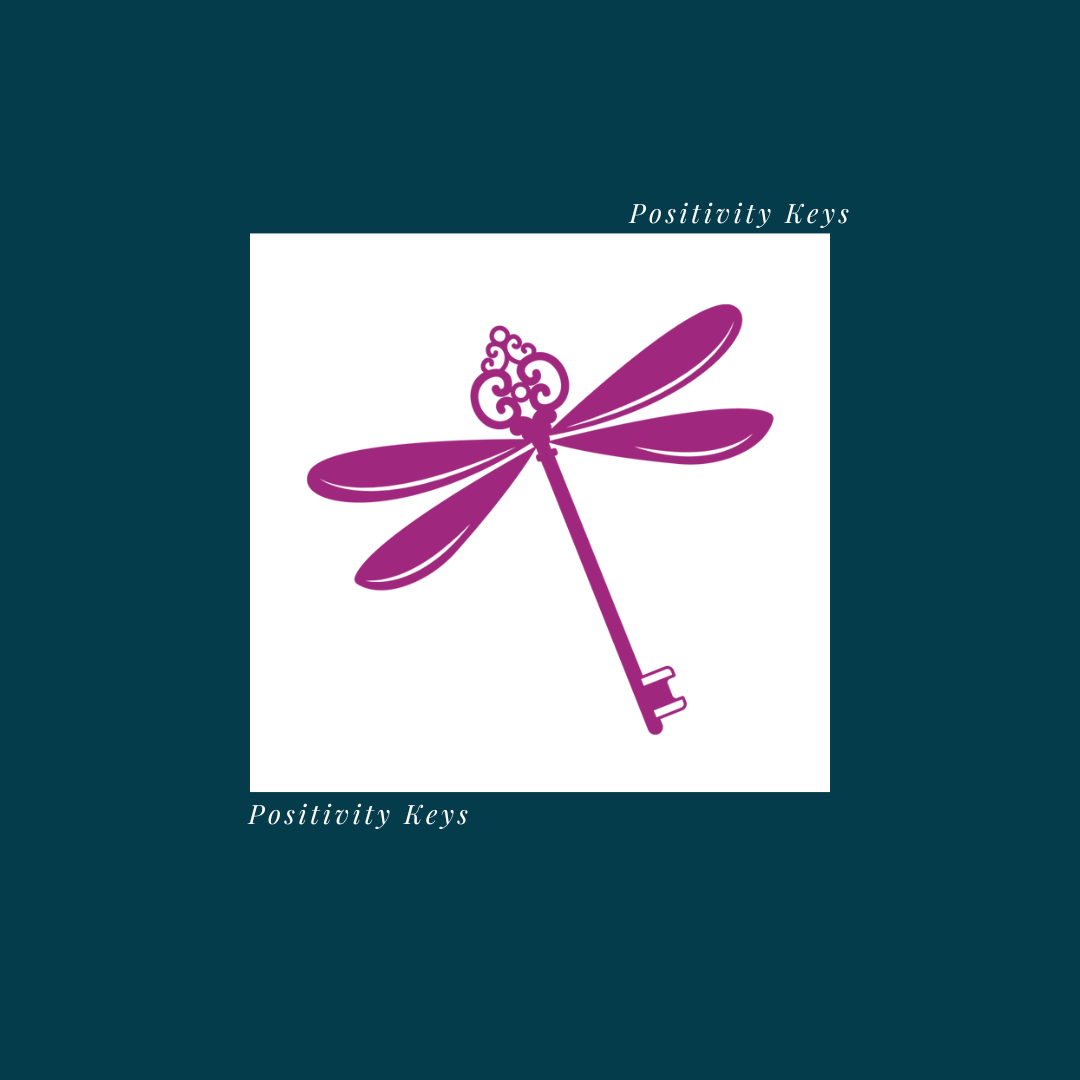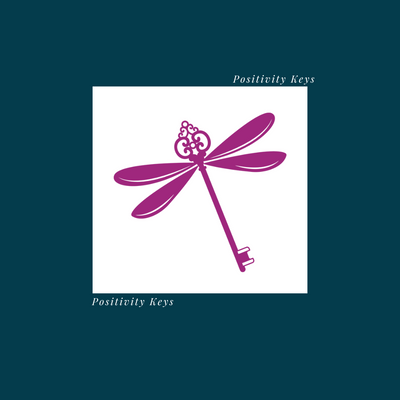Posted by Laura Shaw Allen on 20th Oct 2025
Emotional Check-In: Why Your Feelings Hold the Key to Preparation
Most people think preparation is about lists, calendars, and plans. But the truth? None of it works unless your emotions are on board.
The Feelings Key

Your feelings are signals, guiding lights that show you when to pause, when to push, and when to pivot. Ignoring them doesn’t make them go away; it only delays the lesson they’re trying to teach you.
When you reflect on your emotions, you prepare in the most powerful way possible: you give your heart a voice in your decisions. And when heart and action align, preparation becomes sustainable.
Why Feelings Are Essential to Preparation
Feelings aren’t weaknesses; they’re feedback. They help you:
- Recognize patterns. Anxiety might point to overcommitment. Excitement often signals alignment.
- Build resilience. Facing emotions instead of avoiding them strengthens your coping skills.
- Create authentic goals. When you honor what feels true, you stop chasing what looks good but drains you.
Preparation isn’t just about doing more, it’s about feeling grounded enough to do what matters most.
4 Emotional Check-In Practices
1. The Morning Mood Scan
Before opening your phone, pause and ask: “How am I feeling right now?” Name the feeling: calm, stressed, excited, tired. This tiny act builds awareness and helps you plan your day realistically.
2. The Midday Pause
Set a reminder halfway through your workday. Ask yourself: “What emotion is most present in me right now?”
- If it’s helpful (focus, joy, energy), lean into it.
- If it’s unhelpful (stress, frustration), reset with a grounding action (deep breath, stretch, or quick walk).
3. The Evening Release
Journaling prompt: “What emotion showed up most today, and what did it teach me?” This helps you process instead of carrying emotions into tomorrow.
4. The Weekly Touchpoint
Choose one trusted friend, coach, or journal. Share honestly: “This week, I felt ___ most often, and it showed me ___.” Speaking your emotions aloud builds connection and clarity.
Reflection Journal Prompts
To make emotional check-ins more concrete, here are three prompts you can use this week:
- When did I feel most energized this week, and why?
- What emotion drained me, and what boundary can I set to protect my energy?
- Which feeling do I want to invite more of into the next season of my life?
Positivity Keys Exclusive Affirmation
Write it at the top of your journal page, or repeat it when you notice strong emotions.
Your 7-Day Emotional Awareness Challenge
- Each morning: Name your first emotion of the day.
- Each afternoon: Do a 1-minute reset if stress shows up.
- Each evening: Journal one emotion and its lesson.
By the end of the week, you’ll notice patterns in your feelings and clarity about how to prepare your mind and heart for what’s next.
Beyond Awareness: Turning Feelings Into Growth
Reflection is powerful, but awareness is only the first step. What matters most is what you do with what you feel.
That’s why inside the Elevate Your Life 9-Week Program, we don’t just talk about awareness, we practice it. You’ll learn:
- How to reframe heavy emotions into resilience tools
- Practical strategies for staying centered during stressful seasons
- Ways to connect your feelings with aligned actions that move you forward
Because preparation isn’t just about planning tasks, it’s about preparing your whole self.


